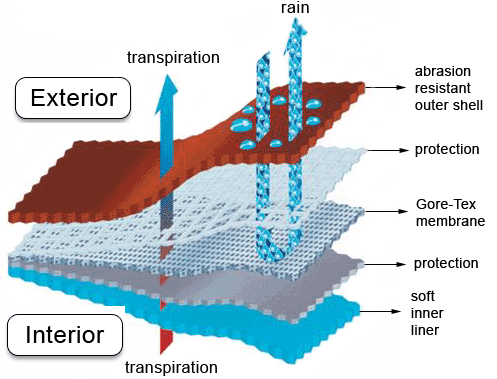Compare and contrast.
First, Jon Stewart makes fun of CIA loss of control over their stealth surveillance UAV in a segment called “I’m no expert but that sounds like bullsh#t”:
Second, the LA Times reports that surveillance UAVs (military-grade Predator B) are flying over America with “high tech cameras and sensors” for domestic police operations
As the unmanned aircraft circled 2 miles overhead the next morning, sophisticated sensors under the nose helped pinpoint the three suspects and showed they were unarmed. Police rushed in and made the first known arrests of U.S. citizens with help from a Predator, the spy drone that has helped revolutionize modern warfare.
To be fair the Predator B was not exactly “veering” into South Dakota. It is one of two unmanned aircraft based at the National Air Security Operations Center (NASOC) UAS Operations Center in Grand Forks, North Dakota. There also are Predator Bs stationed in Arizona, New York and Texas, all funded under U.S. Customs and Border Protection (e.g. domestic surveillance in Texas).
…a 2008 report by the Congressional Research Service, the nonpartisan analytical arm of Congress, found UAVs have an accident rate 100 percent higher than manned aircraft.
In recent months, the Federal Aviation Administration has been cautious in approving their use on the Texas border, drawing rebukes from Republican and Democratic lawmakers who have kept up a chorus of public pressure calling for the deployment.
“Safety is our big concern,†said Laura Brown with the FAA, the federal agency that oversees flight plans for UAVs amid high-traffic air routes like those in South Texas. “There have been a number of situations where operators have lost a radio signal.â€
And then third, of course, we can’t look at stories about overhead surveillance risks and privacy without mentioning the Streisand effect.
It is named after American entertainer Barbra Streisand, whose attempt in 2003 to suppress photographs of her residence inadvertently generated further publicity.
Maybe it’s just me but I have a feeling a some people are scanning Google maps of North Dakota right now to see if they can figure out details behind the six missing cattle story. I mean those cattle might not have disappeared if the ranchers had started out by deploying some of their own high-tech identity tags and surveillance instead of waiting for the Posse Comitatus to show up, as I have written about before.
 Environmental Working Group reviewed nearly 100 cereals
Environmental Working Group reviewed nearly 100 cereals



